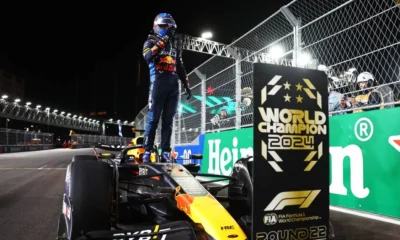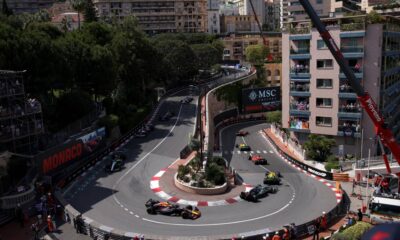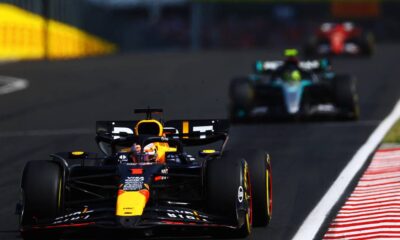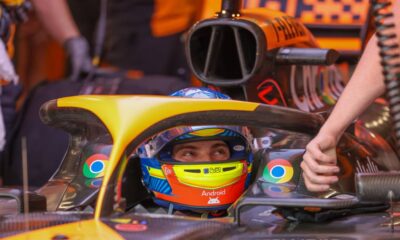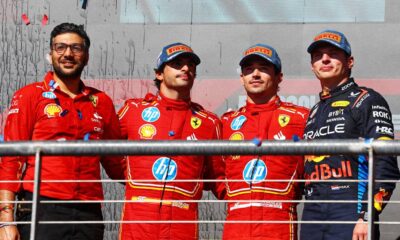More
Formula 1 overtaking records: which driver is the overtaking king?
Which driver has the most overtakes? Or which season was the most attractive in terms of overtaking? The answers to more than just these questions can be found in this article. You can also let us know in the comments who you would label as the overtaking king.
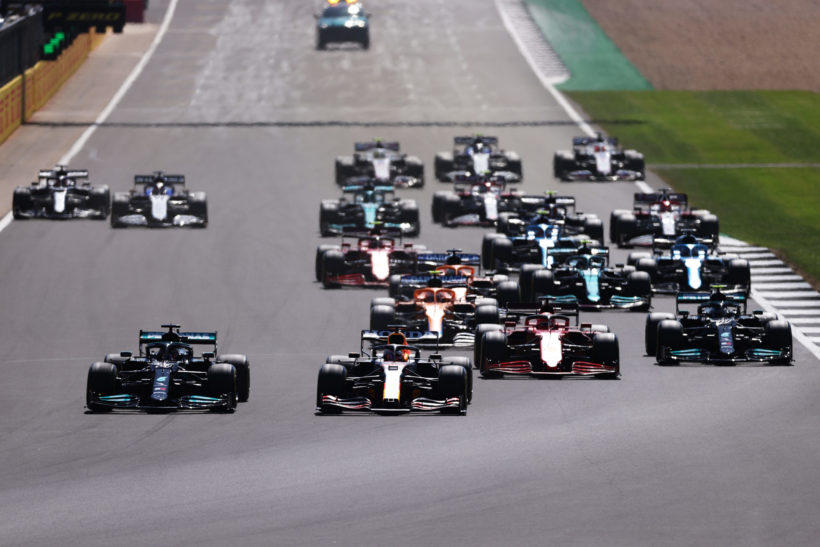
Which driver has the most overtakes? Or which season was the most attractive in terms of overtaking? The answers to more than just these questions can be found in this article. You can also let us know in the comments who you would label as the overtaking king.
But what is overtaking anyway? We may think that overtaking can be defined as any occasion when one car overtakes another. But that is not the correct definition used in Formula 1 data analysis.
Overtaking must take place in a flying lap. This then logically means that overtakes on the first lap do not count. This is related to another important factor, namely that any forward movement in the race order must be maintained until the end of the lap.
If what happens is that one car overtakes another, but then the opponent returns the favour, this manoeuvre cannot be counted as an official overtake. And based on these criteria, the following statistics were created.
Max Verstappen holds the record for most overtakes in a single season – 78 (2016)
2016 was a year of great satisfaction for Verstappen. The Dutch driver switched from Torro Rosso to Red Bull after the opening four Grands Prix of the season, and managed to win a race on his debut (Spanish Grand Prix) for Red Bull. It should be noted, Lewis Hamilton and Nico Rosberg clashed with each other in Spain at the time.
Based on the Pirelli results, Verstappen amassed seventy-eight overtakes in the 2016 season, setting a new record! He had 21 races under his belt. His former teammate, Daniel Ricciardo, who also managed to break the record, had sixty-one overtakes.
The record for the number of overtakes was held by three drivers until then – Michael Schumacher, Sebastian Vettel and Niki Lauda. All three share the number of 60 overtakes.
Overall, the most overtakes were recorded in the 2012 season – 870
The outright record belongs to the 2012 season, in which 870 overtakes were recorded! Given the number of races on the World Championship calendar (20), we arrive at an average of 43.5 overtakes per grand prix.
This is only 0.3 more than in 2011, when DRS was first used. The overtaking average increased noticeably after the ban on refuelling during the race. This new rule came into effect at the start of the 2010 season. Compared to 2009, the average number of overtakes went from 13.2 to 23.8!
Lowest number of overtakes in one race – 0 (Monaco 2003, USA 2005 and Europe 2009)
Only three times since 1950 has it happened that fans have not seen a single overtake in a race. In particular, the 2005 US Grand Prix at the Indianapolis Motor Speedway is infamous because only six drivers started the race!
To the chagrin of the thousands of fans in attendance, the teams wearing Michelin tires decided not to enter the race. A series of serious punctures occurred in practice and the company was unable to guarantee the safety of the drivers.
Very close to this negative record is the 2017 Russian Grand Prix, when Valtteri Bottas took care of the only overtake in the race. Notably, it was also his first career victory.
In this statistic we can also see the highest number of overtakes in terms of a race in rainy and dry conditions
The most attractive “dry” race, at least in terms of overtaking, is the 2016 Chinese Grand Prix. Drivers recorded a total of 161 overtakes then. In that race, Rosberg was the first to see the chequered flag, while his then teammate (Hamilton) only finished seventh.
The most overtakes on a wet track were recorded in Brazil in 2012, with 147. In the last race of the season, Jenson Button won in a McLaren and it was McLaren’s last Formula 1 victory for a long time.
The Brazilian Grand Prix was a truly thrilling race. The championship leader, Sebastian Vettel, spun on the first lap and made the title fight very difficult. However, he eventually finished sixth, which was enough to win him his third world championship.
Source: Motorsport

